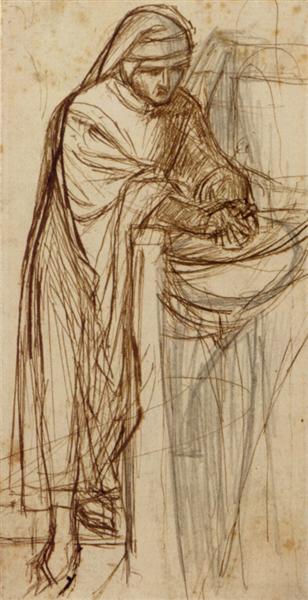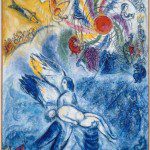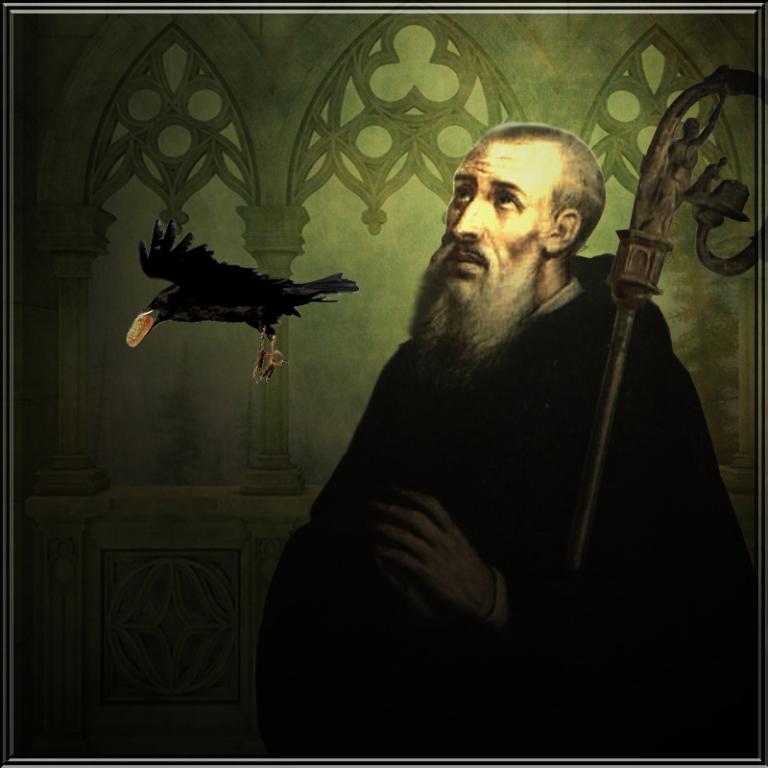
For whatever reason, I always thought I had to live up to the extreme and miraculous circumstances of my birth. I was born twelve weeks early, weighed two pounds, almost died but didn’t. Could have been profoundly impaired (physically, mentally), but wasn’t. My mom always said that God kept me alive for a reason.
She’s right. It’s hard to question mothers about these matters. “All things are subject to divine providence, not only in general, but even in their own individual selves,” says Thomas Aquinas (Summa Theologica, Prima Pars, q. 22).
And I thought I had to become someone to fulfill God’s will for me. This immense and incomprehensible will that had kept me alive for reasons that, ultimately, I will never know. So I tried to be a saint. Tried and absolutely failed.
I was a deeply religious child. Most children are in their way. In adolescence, this became more complex and more perplexed. I suffered profoundly, which was a deep threat to my understanding of the world as essentially good and essentially loved by God. And always, I wondered what it was God wanted with me, that I suffered so much and had been chosen to live. I worried, even. Worried about what God wanted, since it wasn’t clear to me, and since so far it had seemed to mean so much pain.
The saints often suffer. Was that for me? And, God, why – when I suffer so poorly, so spitefully, so impatiently? Suffering seemed as much a path to Hell as to Heaven, and indeed I think it can be. Suffering in itself doesn’t have comprehensibility, meaning. It can soften a person or embitter them just as well. Poverty is this way, too. We need a certain wisdom about the Gospel virtues we end up living.
I read a lot of the saints. I’ve read more Christian mystical literature than I ever really admit, always preferring the words of saints over others. When Hans Urs von Balthasar surrendered theological (even philosophical!) authority to the saints, I readily followed him. I hoped that their words would help me make sense of myself.
But I was never quite like the saints. Holiness was hard for me, and its wisdom did not live in me. Much as I tried, I was – to borrow from Thérèse of Lisieux – so very, very small, and sainthood is so very big. My many sins proved my smallness to me.
I was, and I am, no great testament to my miraculous escape from death.
When my mother calls me her hero sometimes, or when my dad calls me wise, I sometimes shudder. I am not a hero and I am not wise. I’m ordinary. I’m just a normal human who has suffered a lot, and who is ordinary in even suffering. My life has twisted me as much as healed me. I’m deeply flawed, and I’m sometimes quite compassionate, insightful. I’m angry. I’m loving. Basically, I am the usual mess. I cannot be anyone’s hero. I will fail at that, and I have.
It made me miserable. Often makes me miserable even now.
But I can be ordinary. I can be small. I can be a normal bad Catholic who’s trying to be good. There is sainthood in this, too – the sainthood of quite ordinary saints, who often go nameless. They are remembered by the Church in her praise of all saints, but forgotten by history, even the forgotten by the history of the Church.
I can be that. I can be forgotten.
The greatness of Thérèse was her smallness, and her great gift to the Church is how she shines with it. She lets the small ones of the Church be smaller than her, clinging safely to her cloak. The key to spiritual life is humility, and it is arrogance to imagine being great. Greatness is a gift, always.
A friend said to me, recently, that it is perhaps much more the case that I am living up to my birth as I am now, since God knows and loves me as I am now, and works to change me as I am now. I liked this so much better than being special or chosen. I am small, and God can do good things for small people too.











